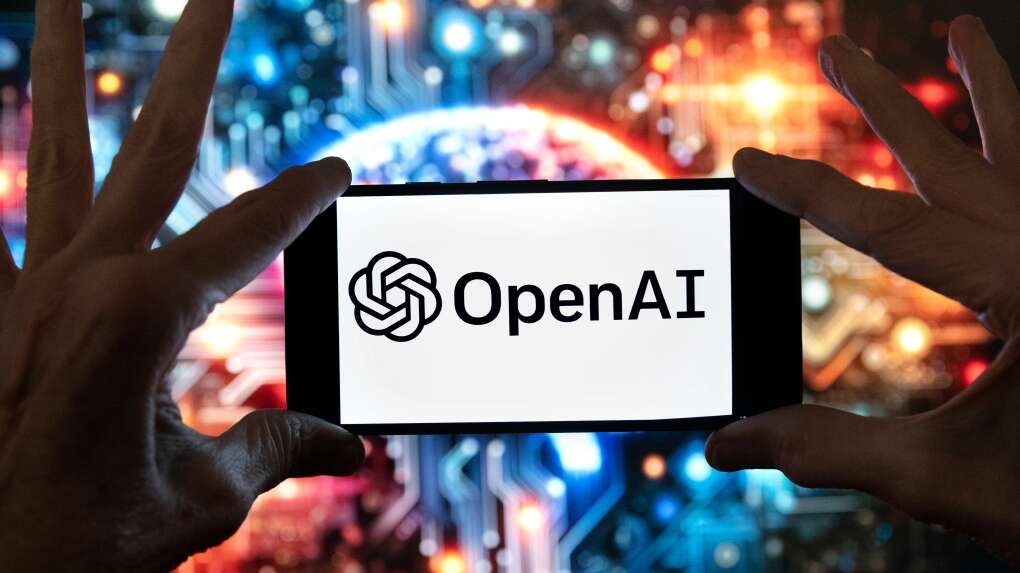A new artificial intelligence technology that can startlingly accurately replicate human speech has been demonstrated by OpenAI. The AI speech generator might be used for a variety of purposes, such as accessibility services, but it could also raise questions about abuse and false information.

On Friday, Open AI released audio from the tool’s early trials. Named Voice Engine, it takes a 15-second audio clip of a person speaking to create an accurate voice imitation. The program will then read a paragraph of text entered by users in an AI-generated voice.
The public can already access a number of AI-generated speech services, but OpenAI has shown itself especially skilled at encouraging the broad use of AI technologies, as demonstrated by the success of its chatbot Chat GPT.
According to the business, an AI-enabled text-to-voice technology might be useful for translating, helping children read, or supporting individuals who are nonverbal. However, some critics are concerned that it can also encourage the spread of false information or make scams simpler to carry out.
A “small group of trusted partners,” including companies that provide technology for education and healthcare, are the sole users of Voice Engine at the moment, according to OpenAI.
The company will use the results of these tests to decide whether and how to permit more broad use. According to the corporation, the testers have committed to refraining from duplicating people’s voices without their express consent and to disclosing to listeners that the content they hear is artificial intelligence-generated.
